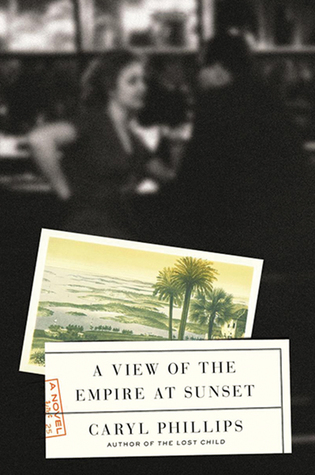 loading
loading
Arts & CultureReviews: July/August 2019A novel by Caryl Phillips; Pentagon lessons from Ash Carter ’76; Jonathan Coulton ’93 revisits ’70s soft rock.  View full imageA View of the Empire at Sunset Sylvia Brownrigg ’86 is the author, most recently, of Pages for Her. Gwen Williams, the protagonist of Caryl Phillips’s latest novel, has ambivalent recollections of her childhood on Dominica in the 1890s. One such memory is of an English family who came from Calcutta, importing their snobbery as well as a brutal racism towards the “Negroes.” Gwen had overheard her father, a benign Welsh doctor, telling her mother that “the problem with English people was that they were always acting a damn part of some kind.” The parts that English people play at home and abroad is an enduring theme for Phillips, who in his prizewinning fiction has often explored the damages inflicted by colonialism, subtle and dramatic. The St. Kitts–born British writer does this by drawing characters on both sides of the colonial divide, warped in different ways. Gwen Williams was the given name of the writer known as Jean Rhys. Phillips chooses to focus not on Gwen’s/Jean’s work but rather on her romantic restlessness and her permanent sense of displacement after moving to England at age 16. From boarding school, Gwen transfers to drama school, where her Caribbean accent blocks her path and she embarks on a series of grim transactional affairs. This sympathetic but dismaying narrative of Gwen’s early years is bookended by a return trip to the West Indies organized by her mild second husband, on whom she heaps a stream of alcoholic rage. Their trip occurs decades before Rhys would publish Wide Sargasso Sea, her imaginative masterpiece about Bertha, the (mad) first wife of Jane Eyre’s Edward Rochester. Like Rhys, Phillips has written other Brontë-haunted fiction: his novel The Lost Child interwove stories about Emily and her creation, Heathcliff. And like Rhys, Phillips is interested in the ways race, alienation, and madness intersect; and in the melancholy colors of empire’s sunset.
|
|